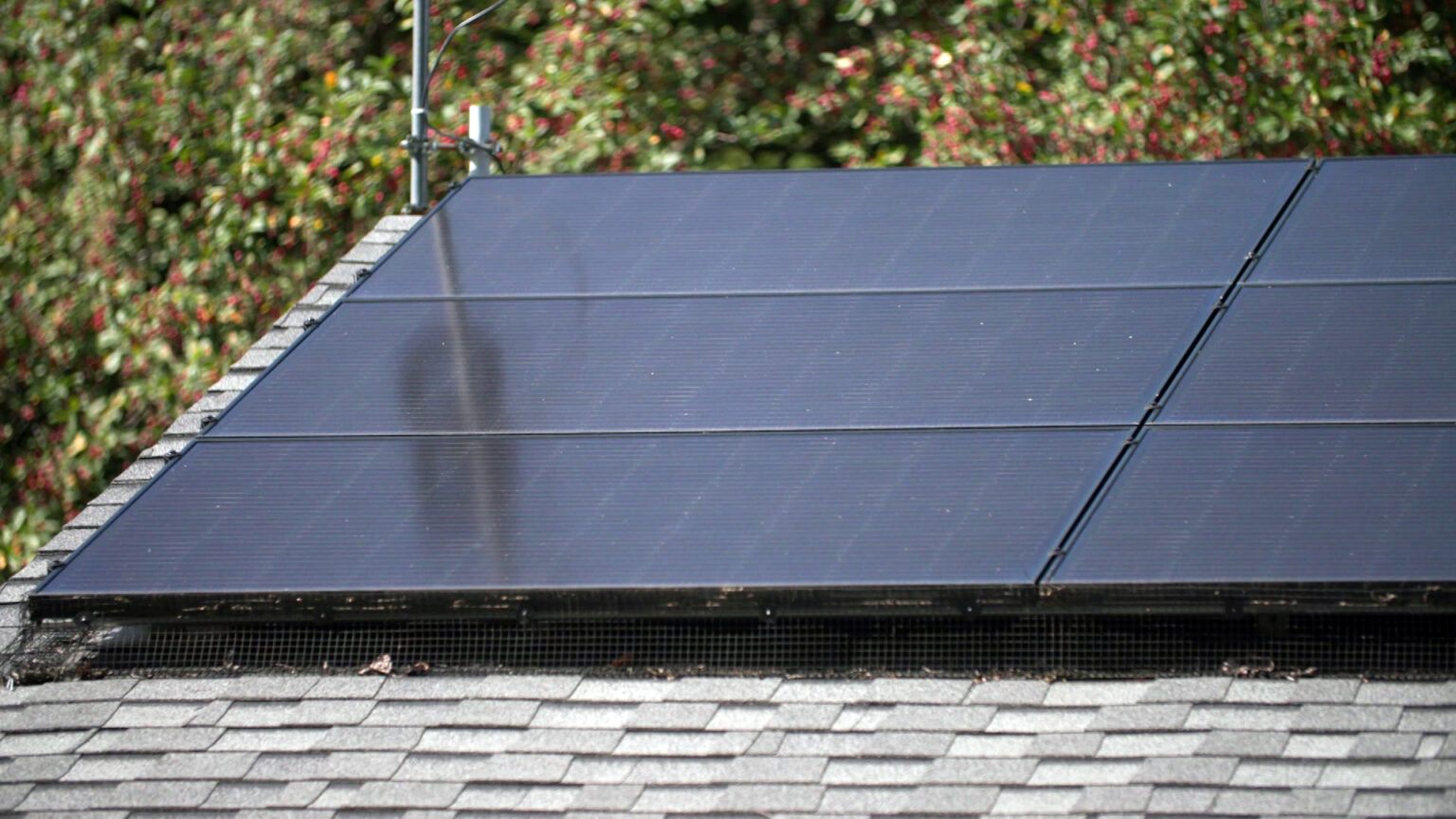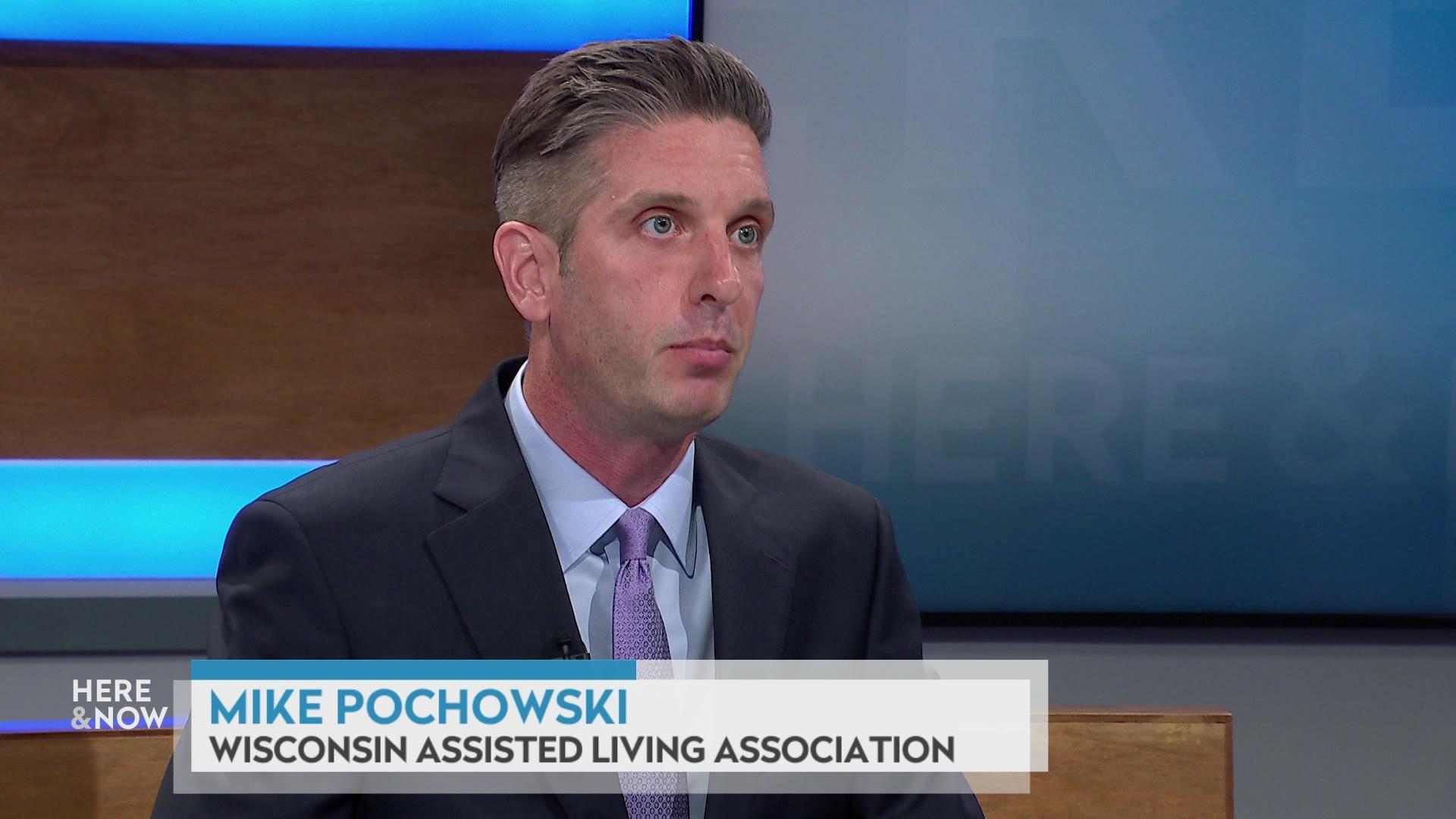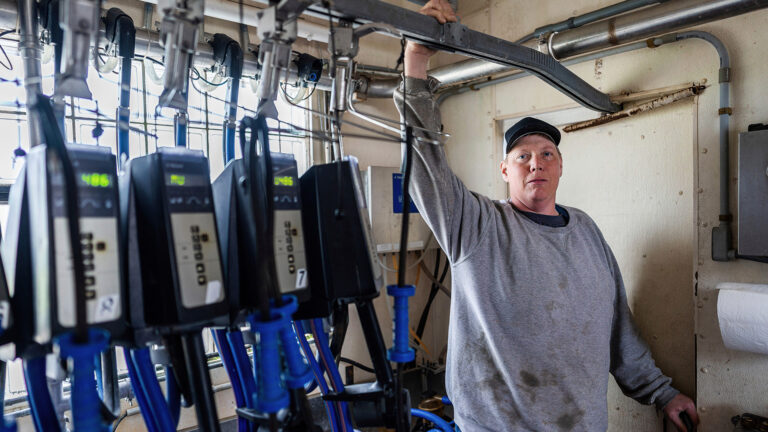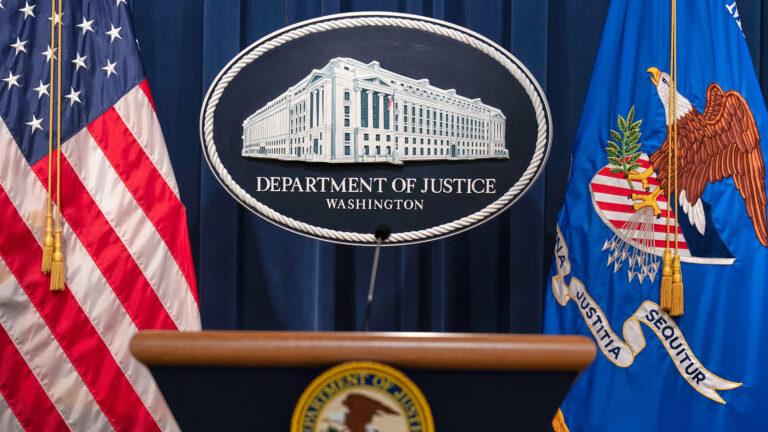Advocates say conditions may be improving for rooftop solar in Wisconsin
A ruling by Wisconsin's Public Service Commission on utility-owned rooftop solar may open more market options for smaller-scale arrays owned by third-party energy developers.
April 17, 2023

(Credit: PBS Wisconsin)
Wisconsin solar advocates are applauding a decision by state regulators and hoping it is a sign the industry may finally get clarity on the legality of third-party-owned solar in the state.
Meanwhile, a bill has been introduced to allow third-party-owned community solar, and advocates say that solar developers are already negotiating deals with farmers to launch such projects.
The issue is a murky one in Wisconsin, where utilities have resisted efforts by solar companies to build and operate arrays on behalf of nonprofit entities that can’t take advantage of tax credits, or customers who don’t have the upfront capital to purchase an array on their own. Statutes have been unclear on what is and isn’t allowed.
On March 16, the Public Service Commission denied utility WEC Energy’s request to expand its Solar Now program, wherein the utility leases roof space to install solar panels it owns. Solar proponents have criticized the program since its launch as a pilot in 2018, saying it gives utilities an unfair advantage in the rooftop solar market and also gives them an incentive to chill private solar development, including third-party-owned arrays.
In pushing for Solar Now, utilities might be “trying to corner that part of the business before [third-party-owned solar] opens up,” said Citizens Utility Board Executive Director Tom Content.
The Inflation Reduction Act reduces the need for city agencies and churches to use third-party ownership to tap tax credits, since it allows for such credits to be paid out directly as cash. But third-party ownership is still an important option for customers that can’t afford the upfront costs of solar.
The Solar Now decision was among the first under new leadership at the three-person Public Service Commission, which now consists entirely of appointees of Democratic Gov. Tony Evers. Former commission Chair Ellen Nowak, who was appointed by former Republican Gov. Scott Walker, retired on March 1.
Critics had long complained that the commission was too quick to grant the wishes of utilities, especially powerful WEC, the parent company of We Energies and Wisconsin Public Service Corp. WEC had sought to expand its existing Solar Now program — dubbed “rent-a-roof” by critics — in We Energies territory in the Milwaukee area, while also launching a new such program in Wisconsin Public Service’s northeastern Wisconsin territory.
New commission Chair Rebecca Valcq and commissioner Tyler Huebner — former executive director of clean energy group Renew Wisconsin — turned down WEC’s request, agreeing with advocates’ arguments that it would give the utility an unfair market edge and also force all ratepayers to pick up the tab for relatively small solar installations that would be less cost-effective than larger utility-scale solar.
“Especially with the proliferation of programs coming from the federal government under the [Inflation Reduction Act] and under the Bipartisan Infrastructure Law, I get concerned when utilities use their monopoly position to gain an advantage in what should be the private marketplace,” Valcq said during the commission’s hearing.
History of controversy
Valcq was a commissioner in 2018 when the Solar Now pilot was originally proposed, and dissented when the other two then-commissioners approved the program.
Recently appointed commissioner Summer Strand supported the utility request to expand Solar Now, arguing there is demand for the program. Huebner said he would consider supporting a limited form of Solar Now to provide arrays where no private developer wants to work.
“These projects are placed in locations that generally will not be used for anything else, including brownfields,” WEC spokesperson Brendan Conway told the Energy News Network. “We are surprised our popular Solar Now program is not being allowed by the commission to grow. We have strong interest from customers across the state — including governments, schools, community groups and large companies — looking to join the program and expand their access to renewable energy and meet their clean energy goals.”
The city of Milwaukee has been locked in a legal stand-off with We Energies over the utility’s refusal to interconnect a third-party-owned array. Meanwhile, Milwaukee has a 2.25-megawatt Solar Now installation on its landfill and filed testimony in favor of Solar Now.
But the city attorney lamented in testimony that lease payments from the utility have been lowered since the city chose to use the solar power to meet its own clean energy goals — rather than allowing the utility to tap the array’s renewable energy credits.
The city complained that the utility did not provide proof that the credits associated with the landfill array had been retired, which would be necessary to ensure the solar power was not being double-counted for clean energy targets.
Third-party potential
We Energies had pushed its Solar Now program particularly as an alternative to requests from the city of Milwaukee and other entities for third-party-owned solar, wherein a private developer installs and owns a solar array, reaps the tax credits, and passes the savings along to municipal agencies, businesses or residents.
Solar advocates and customers have long been asking the Public Service Commission and state lawmakers to confirm that such third-party-owned installations are legal in Wisconsin. We Energies has argued they violate the utility’s exclusive right to provide power as a regulated monopoly.
The Midwest Renewable Energy Association has a petition pending before the commission demanding affirmation that third-party solar is legal. In 2022, the commission ruled in favor of a request by advocacy group Vote Solar to allow one family to install third-party-owned solar. Advocates saw that ruling as encouraging but very limited in scope, applying just to that case.
Midwest Renewable Energy Association Executive Director Nick Hylla said the commission’s decision on Solar Now indicates its support for the concept of a private distributed solar market, and such a market needs third-party ownership in order to thrive.
“It is clear from the chair’s comments that she was concerned about the utility expanding their monopoly influence into a historically competitive market,” Hylla said. “The commission is keeping the utilities focused on what they are built to do: build large-scale assets. And, to keep the [distributed energy resource] market serving buildings open and competitive.”
Solar Now drawbacks
The Solar Now proposals failed in part because of an argument similar to what utilities have deployed to block the proliferation of privately owned distributed solar.
Utilities have long maintained that customers with solar are forcing customers without solar to pay a bigger portion of costs to maintain the grid, since those with solar are paying less into the system. These arguments have been widely challenged by experts who point out that solar makes the grid more efficient and resilient for everyone.
Meanwhile, critics of Solar Now argued that it forces all ratepayers to subsidize solar installations, even if they don’t benefit from the energy or lease payments. As with most investments, the utility can charge ratepayers to recoup the costs for Solar Now arrays, plus a profit.
“No talk of cross subsidization or equity from the utility here,” solar designer Michael Barnett wrote in his testimony. “The amount of utility hypocrisy in this language is laughable. The message is utilities don’t mind cross subsidization if they can benefit from it.”
In testimony before the commission, the utility said Solar Now installations would be 1% to 3% more expensive than “equivalent” utility-scale projects. Barnett filed testimony with calculations showing it could be nine to 15 times more expensive.
The comparison to utility-scale is not a concern for third-party-owned solar — community or rooftop — since ratepayers across the territory are not forced to pick up the tab. Rather, private developers generally absorb any financial risk, landowners or property owners collect lease payments, and any savings flow to community solar subscribers or entities with third-party-owned arrays.
Community solar
While third-party ownership has been considered an important benefit for distributed solar arrays owned by residents or businesses, it is a necessity for community solar, with the exception of community solar owned directly by a utility. Legislation introduced in the Wisconsin Legislature’s 2023 session (SB 226) would affirm that third-party-owned community solar is legal.
In such situations, solar developers sign deals with landowners — often farmers — to develop solar arrays on their land, and the developers solicit subscribers who get the clean energy.
A similar bill was introduced in 2021. Matt Hargarten, vice president of campaigns for the national Coalition for Community Solar Access, said that it normally takes such complicated bills several sessions to gain traction, and backers are hopeful it will pass this session. The 2023 bill, like the one introduced in 2021, is spearheaded by Republican legislators.
The powerful state farm bureau has endorsed the bill, noting in a statement that community solar can be more lucrative and less disruptive for farmers than larger utility-scale arrays.
“We’ve got an even bigger coalition than we’ve had before,” Hargarten said. “The farm bureau is now in full-throated support of community solar. They see it as an option for their farmers to put some type of solar on their land, but to keep land in production, and keep family farms in the state of Wisconsin.”
Associations of builders and grocers are also backing the bill. Hargarten noted that large grocery or big box stores might host community solar installations on their rooftops.
Hargarten said that solar developers are already entering preliminary agreements — including payments — with farmers to lease their land, should the bill pass. If the bill becomes law, the Public Service Commission would set billing rates and other policies related to community solar in Wisconsin.
Utilities can and sometimes do develop community solar, and in testimony in the Solar Now case, Renew Wisconsin called on the utility to consider this.
“Community solar is a program alternative that could be made available to a larger group of customers, including renters and other residential customers, businesses with limited land or rooftop space, and low-income customers,” Renew’s testimony said.
But advocates generally prefer privately developed community solar.
“Where community solar has grown it’s through legislation that enables third-party” ownership, Hargarten said. “Third-party allows for innovation [and] it brings in outside money that’s not necessarily on the backs of ratepayers; you’re going to be more quickly developing solar.”
![]()
 Passport
Passport











Follow Us